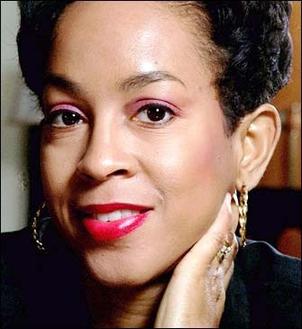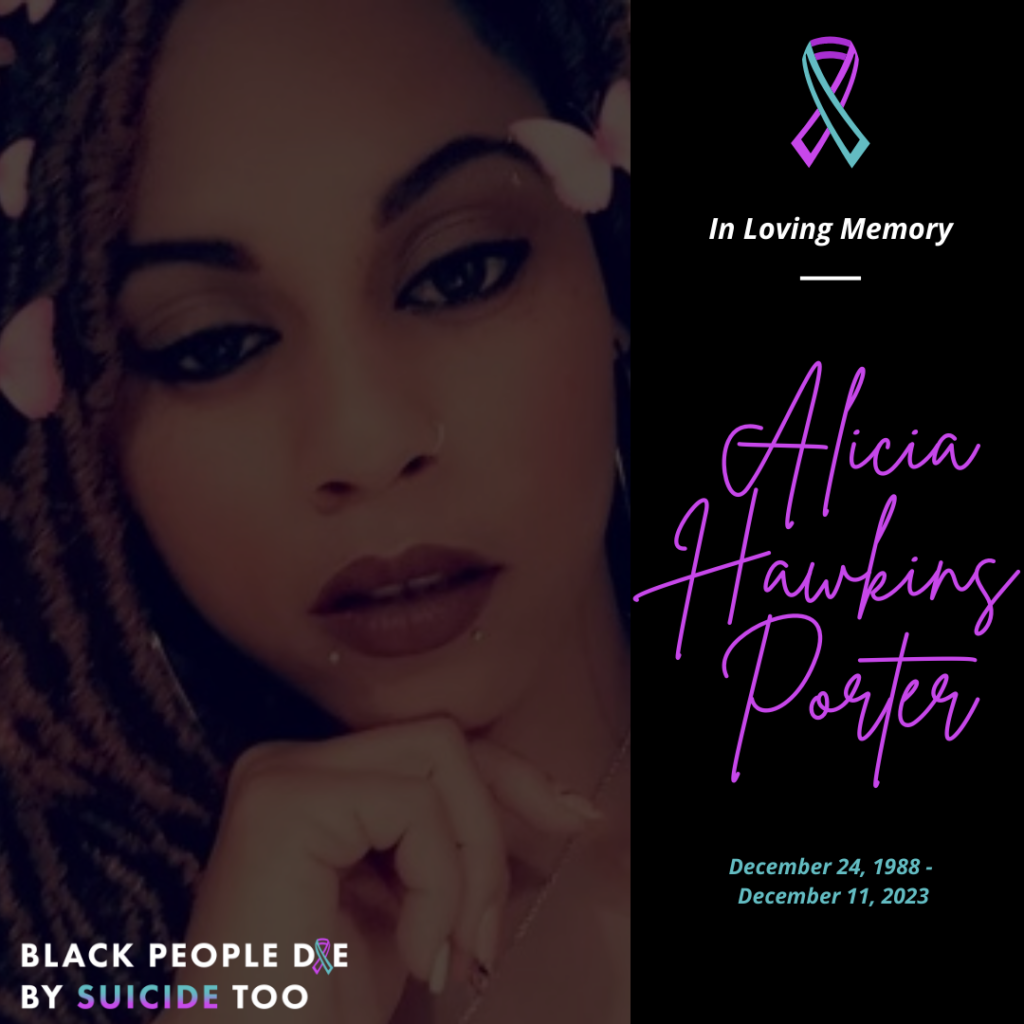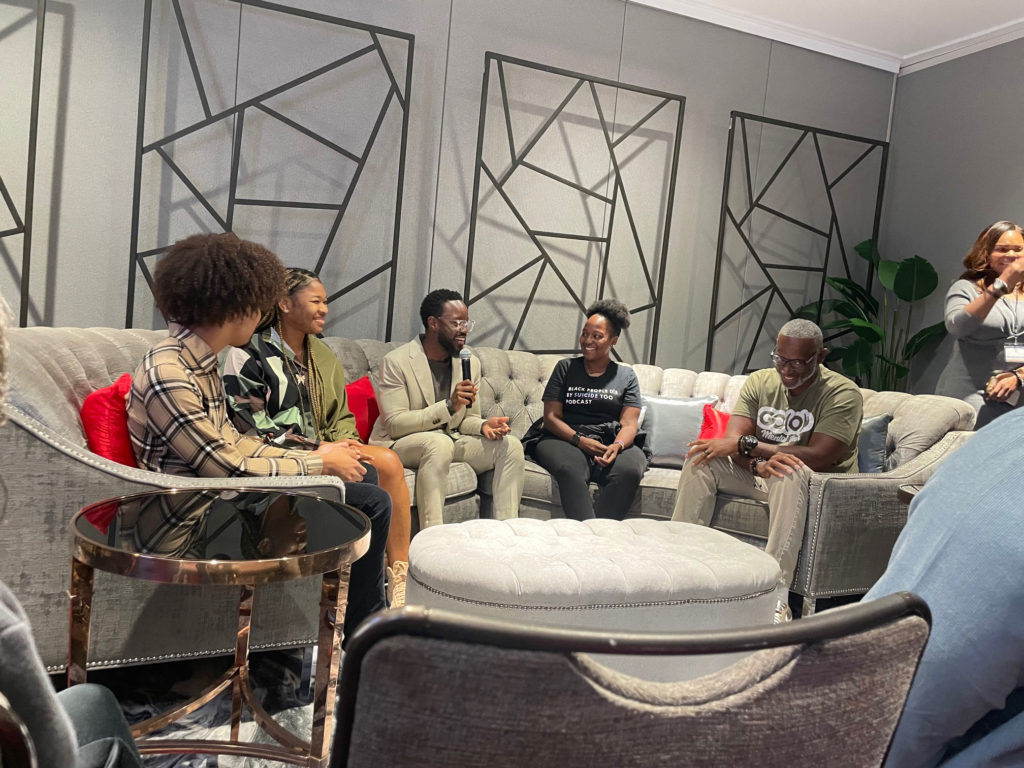July is designated as National Minority Mental Health Month, a time to bring awareness to the unique struggles that underrepresented groups face regarding mental illness in the United States. This important month was established to shed light on the disparities in mental health care and to emphasize the importance of improving access to mental health services for all communities.
The inspiration behind this significant observance is Bebe Moore Campbell, an esteemed author, advocate, and co-founder of the National Alliance on Mental Illness (NAMI) Urban Los Angeles. Campbell was a tireless advocate for mental health, particularly within the Black community, and worked diligently to break down the stigma associated with mental illness. Her commitment to mental health advocacy has left a lasting legacy, highlighting the need for culturally competent care and support systems.
“Once my loved ones accepted the diagnosis, healing began for the entire family, but it took too long. It took years. Can’t we, as a nation, begin to speed up that process? We need a national campaign to destigmatize mental illness, especially one targeted toward African Americans…It’s not shameful to have a mental illness. Get treatment. Recovery is possible.” – Bebe Moore Campbell, 2005
In honor of Bebe Moore Campbell and National Minority Mental Health Month, it is crucial to acknowledge and support the efforts of individuals and organizations dedicated to mental health advocacy. By fostering open conversations, providing resources, and promoting mental health education, we can work together to create a more inclusive and supportive environment for everyone. At Black People Die By Suicide Too, we are committed to continuing Bebe Moore Campbell’s legacy by addressing the mental health needs of the Black community. Through our programs and initiatives, we strive to ensure that Black community has access to the resources they deserve. Please consider making a donation to support our mission. Use hashtags #ShadesofMentalHealth #BebeMooreLegacy to join the conversation on social media, lead by NAMI.





